The Goldfinch/Donna Tartt: Reflections
Sunday, December 29, 2013
As the last few days unfolded—through Christmas gifting and hostessing, through cooking and cleaning, through stripping an old kitchen bare in anticipation of remodeling, through the quiet pile up of real work with ticking deadlines—finishing Donna Tartt's 775-page The Goldfinch became a point of pride. I'd never read Tartt before, as I've written here previously, and I'm naturally inclined toward the kind of compact, complex, emotionally engaging, linguistically inventive novels that writers like Alice McDermott, Michael Ondaatje, Colum McCann, and my friend Alyson Hagy (among many others) write. But I'd bought The Goldfinch and I wanted to read The Goldfinch. I fought to find the time.
The plot can be boiled down to a few sentences: A boy, Theo, loses his mother in a museum explosion and hurries off, in the numb aftermath, with one of the world's most treasured paintings under his arm. A rich Manhattan family will take Theo in. Next a dear antiques refurbisher/dealer (the book's most wonderful character, in my opinion). Next Theo will move with his wayward, gambling father to Las Vegas, fall in with a wild friend and all manner of drugs and disrepair, then return to Manhattan, the implications of that missing painting escalating through it all. Old characters will turn up in new places. Addiction and dealers, sordid transactions and unenviable mistakes will consume much of Theo's time, and much of the tale.
It's a story Tartt takes her time telling—sometimes with the slow ease of old-fashioned nineteenth century novels, sometimes with the hurry of a caper film, always with great attention to every detail. Tartt knows antiques and paintings, drugs and obliteration, snaggletoothed, double-dealing friends who have just enough "good" in them to redeem their presence in Theo's life, and in the reader's. She can write brilliantly and she is, above all else, patient, never hurrying (to say the least) to complete a scene or to get to the next bout of stolen-painting-induced action.
She writes, with expert atmospherics, like this:
The plot can be boiled down to a few sentences: A boy, Theo, loses his mother in a museum explosion and hurries off, in the numb aftermath, with one of the world's most treasured paintings under his arm. A rich Manhattan family will take Theo in. Next a dear antiques refurbisher/dealer (the book's most wonderful character, in my opinion). Next Theo will move with his wayward, gambling father to Las Vegas, fall in with a wild friend and all manner of drugs and disrepair, then return to Manhattan, the implications of that missing painting escalating through it all. Old characters will turn up in new places. Addiction and dealers, sordid transactions and unenviable mistakes will consume much of Theo's time, and much of the tale.
It's a story Tartt takes her time telling—sometimes with the slow ease of old-fashioned nineteenth century novels, sometimes with the hurry of a caper film, always with great attention to every detail. Tartt knows antiques and paintings, drugs and obliteration, snaggletoothed, double-dealing friends who have just enough "good" in them to redeem their presence in Theo's life, and in the reader's. She can write brilliantly and she is, above all else, patient, never hurrying (to say the least) to complete a scene or to get to the next bout of stolen-painting-induced action.
She writes, with expert atmospherics, like this:
Through the dusty windows I saw Straffordshire dogs and majolica cats, dusty crystal, tarnished silver, antique chairs and settees upholstered in sallow old brocade, an elaborate falence birdcage, miniature marble obelisks atop a marble-topped pedestal table and a pair of alabaster cockatoos. It was just the kind of shop my mother would have liked—packed tightly, a bit dilapidated, with stacks of old books on the floor.As the novel progressed, I felt, at times, more keenly aware of Tartt's strategies (as a sentence maker, as a storyteller) than I perhaps wanted to feel. I also felt wearied away by the deep seediness of the majority of the characters, save for Hobie and Pippa, the antiques dealer and his young charge, and Theo's absent mother. Theo can barely rescue himself from the tortured person that he is, from all the bad that he reeks and reaps. There are, in all these many pages, few instances of light. At times all the rot began to weigh me down, no matter how immaculately Tartt evoked it:
But depression wasn't the word. This was a plunge encompassing sorrow and revulsion far beyond the personal: a sick, drenching nausea at all humanity and human endeavor from the dawn of time. The writing loathsomeness of the biological order. Old age, sickness, death. No escape for anyone. Even the beautiful ones were like soft fruit about to spoil.Still, Tartt rises, symphonically, at the end. Asks the big moral questions about how much control any of us really have about who we are, what we want, how we see the world, how we navigate through it. Indeed, I found the final pages of the book—after the caper elements of the plot had long been put to rest—to be the most thrilling in the book, the mark of all that greatness for which Tartt is justifiably famous.


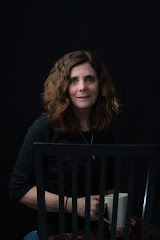

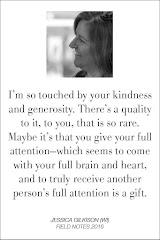

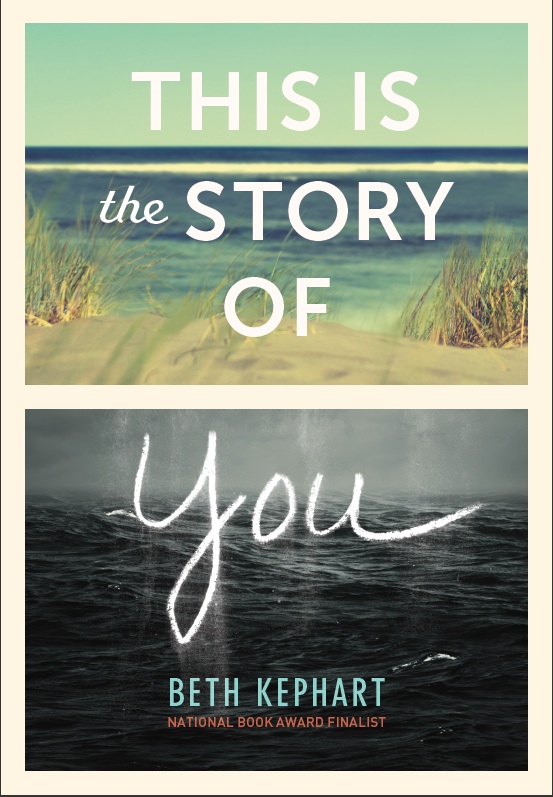

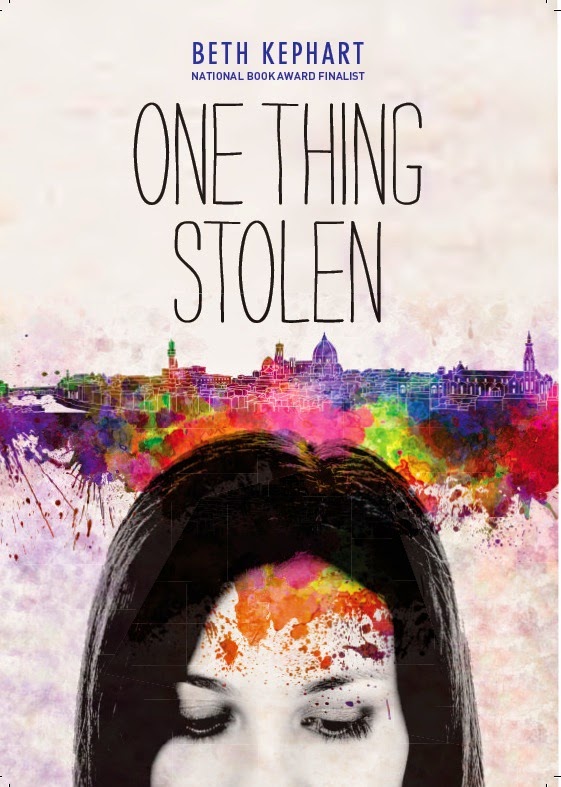
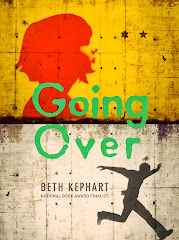


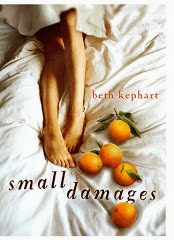




5 comments:
I am about 3/4 of the way to the end, and because I always want to champion the young I have been rooting so hard for theo to find his way. But just now I am discouraged at the choices he has made. I also think Hobie is a glorious character, and certainly represents hope and redemption for me in this very Dickens-Ian tale.
I recently re-read The Secret History, and am struck by the similarities of theme and style.
I haven't read this yet but absolutely devoured THE SECRET HISTORY.
I fell into the novel in an indescribable way. Then I read The Secret History, which I also devoured. The Goldfinch is my favorite novel of 2013.
It took eight days, but I triumphed and finished The Goldfinch. Tartt's sentence structure is indeed exquisite and demands a careful read. I stalled two-thirds of the way through the book. Your reflections inspired me to soldier on, as you (rightly) promised a smashing ending.
Funny the plot, which suddenly accelerates near the end - all that action seemed oddly pasted in. I did love the way she so carefully described Theo's relationships - I could feel how he felt about certain people. My favourite character was his beloved mother - she was drawn with such accuracy and love. Eight days of reading well spent - and I learned art history, addiction and furniture restoration in the process...
Excellent review, Beth! I waited to read it until I'd posted mine earlier this week, but we had a similar reaction. As I recall, The Secret History had tighter writing and was less bleak.
Post a Comment